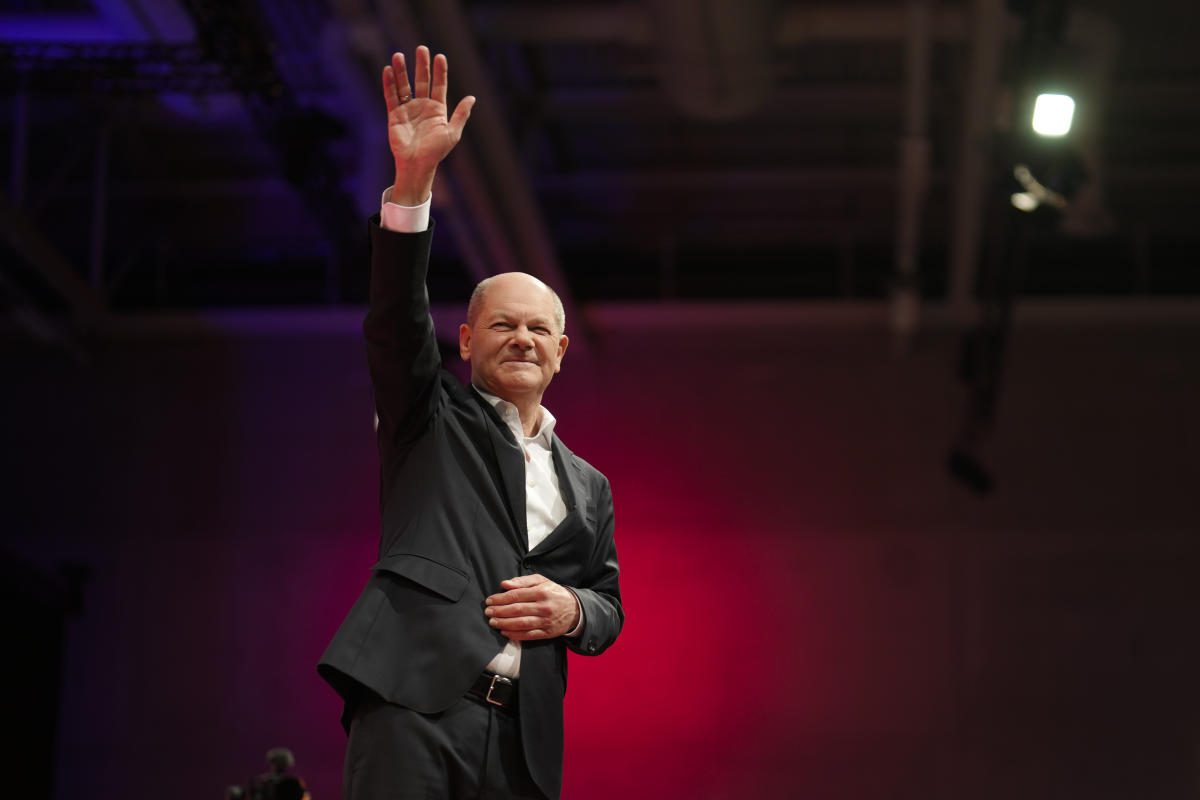
BERLIN (AP) — Four individuals are competing to become the next leader of Germany in the upcoming election this Sunday. The candidates vying for the chancellorship include the sitting chancellor, the leader of the opposition, the current vice chancellor, and, for the first time, a representative from a far-right party.
Olaf Scholz
Olaf Scholz, aged 66, has held the position of chancellor since December 2021. As a member of the center-left Social Democratic Party, he brings considerable governmental experience to the table, having previously served as the mayor of Hamburg and as both the labor and finance minister of Germany. During his time as chancellor, he faced several unanticipated challenges, such as initiating a military modernization program in response to Russia’s invasion of Ukraine, positioning Germany as Ukraine’s second-largest arms supplier. His administration has also managed to avert an energy crisis while attempting to address rising inflation. However, his coalition government, comprised of three parties, has been plagued by internal conflicts and collapsed in November while debating how to stimulate economic growth—the largest in Europe— which has faced contraction for the past two years.
Stay Informed with Trusted News Delivered Daily
Experience it for yourself—The Yodel serves as your go-to destination for daily news, entertainment, and uplifting stories.
Friedrich Merz
Friedrich Merz, the 69-year-old leader of the opposition, has emerged as the frontrunner in the election race, with his center-right Union bloc leading in polls. He took over leadership of the Christian Democratic Union party following the departure of longtime Chancellor Angela Merkel in 2021. Steering his party toward a more conservative path, Merz has prioritized addressing irregular migration as a major campaign focus. Despite this, he does not have significant experience in government—having begun his political career in the European Parliament in 1989 before transitioning to the German legislature five years later. After taking a hiatus from politics in 2009, he returned to legal practice and led the supervisory board of BlackRock’s German operations.
Robert Habeck
Robert Habeck, aged 55, represents the Greens, a party focused on environmental issues. He currently serves as both the vice chancellor and the minister responsible for the economy and climate, overseeing energy strategies. As co-leader of the Greens from 2018 to 2022, he contributed to the party’s growing popularity but opted to step back in 2021 to allow Annalena Baerbock, now Germany’s foreign minister, to pursue her own chancellorship bid. Habeck’s performance as a minister has garnered mixed feedback, particularly regarding a controversial initiative to replace fossil-fuel heating systems with sustainable alternatives, which intensified discord within the government.
Alice Weidel
Alice Weidel, at 46, is making her inaugural run for chancellor as a representative of the far-right, anti-immigration party, the Alternative for Germany (AfD). As an economist, she joined the party shortly after its establishment in 2013. Weidel has been a significant figure in her party—serving as co-leader of the parliamentary group since its first elections in 2017 and, since 2022, as co-leader of the party. Nominated as the chancellor candidate in December, she faces considerable challenges as other parties have declared they will not collaborate with the AfD, limiting her prospects for the top position.









